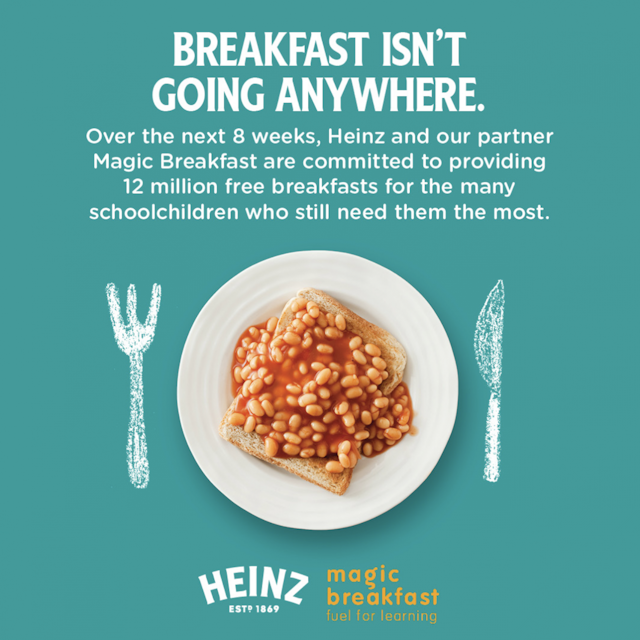In unfamiliar times, brands must maintain familiarity
Maybe you see yourself as big risk taker, someone who loves to step out of your comfort zone, but the truth is, deep down, you love what you know.

.
It’s not an insult. And you’re not alone. Human beings love the familiar because it taps into our deep-seated need for safety. Something that is familiar, we think, is less likely to hurt us.
We believe this is true, even when it patently isn’t. For example, a social experiment looking into jaywalking revealed that people in suits were more likely to take a chance on a dangerous and busy road if they saw other people in suits doing the same. In reality, just because these people looked familiar, their behaviour wasn’t safe to follow. But it felt like it was.
Our love for familiarity shines through in many aspects of our lives.
It’s why friendship groups often look the same (yes, even your homogenously ‘alternative’ social circle, sorry.) It’s why Wagamama sells what is essentially chicken and gravy more than anything else, and it’s why our industry offers a valuable service to clients: people are more likely to purchase something they recognise than something that they don’t.
When we are forced into unfamiliar situations, we do absolutely everything we can to seek out the familiar. This has dangerous consequences. People immediately wanted to frame Covid-19 in familiar terms, calling it a ‘bad flu.’ This felt reassuring but it meant we didn’t take it seriously. People continued taking transport, going to pubs, and going to cafes until the last possible moment. It felt reassuring to like nothing had changed despite a novel threat, but doing so meant the virus spread more rapidly.
Now we’ve hit lockdown, there’s no opportunity to resist the fact that our lives, for some time, have profoundly changed.
What we now see is people doing everything they can to make their unfamiliar situation feel as familiar as possible. Much has been written about the value of getting up at the same time, getting dressed properly, taking work breaks etc. There’s no inherent value in making our new life feel like our old one, but there is huge emotional value in how creating a semblance of normality makes us feel.
Individuals, couples, and families all over the UK are right now experiencing an aching emotional need for familiarity and this is something that brands can tap into in three ways:
Rule no.1: talk in a familiar way

The situation is unprecedented, scary and serious. But this doesn’t mean your brand personality or the content you produce should change unrecognisably from who you were before the crisis.
When Sports Direct claimed it was an essential business and needed to remain open it was reassuring to see PaddyPower jump on the news story immediately and rip the piss in their unapologetic tone of voice we know and love.
Rule no. 2: maintain your familiar role

Brands spend a huge amount of marketing effort and budget trying to establish a clear role in people’s lives and in their repertoire. Now is not the time for brands to abandon that role, it’s the time to find new ways to fulfil it. Case in point is Brewdog’s virtual bar, where the brand is maintaining the social role its product plays even in times of social distancing.
Rule no. 3: crack out the familiar favourites

Familiar favourite products from well-loved brands provide welcome respite from all the change that surrounds us. If there is a hero product or a classic product in your brand now is the time to push it.
Through a partnership with Magic Breakfast, Heinz have found a way to double down on the reassuring nature of beans on toast (Breakfast isn’t going anywhere) whilst tackling the context in a positive and purposeful way.
Ultimately this crisis will end. Things will return to normal, as they always do, albeit with a few changes. Brands that have managed to maintain their familiarity will be is the strongest position to be first off the starting blocks for commercial recovery, and they will also hold the strongest position in the nation’s hearts.
Matthew Waksman is chief strategy officer and founder at Love or Fear.
